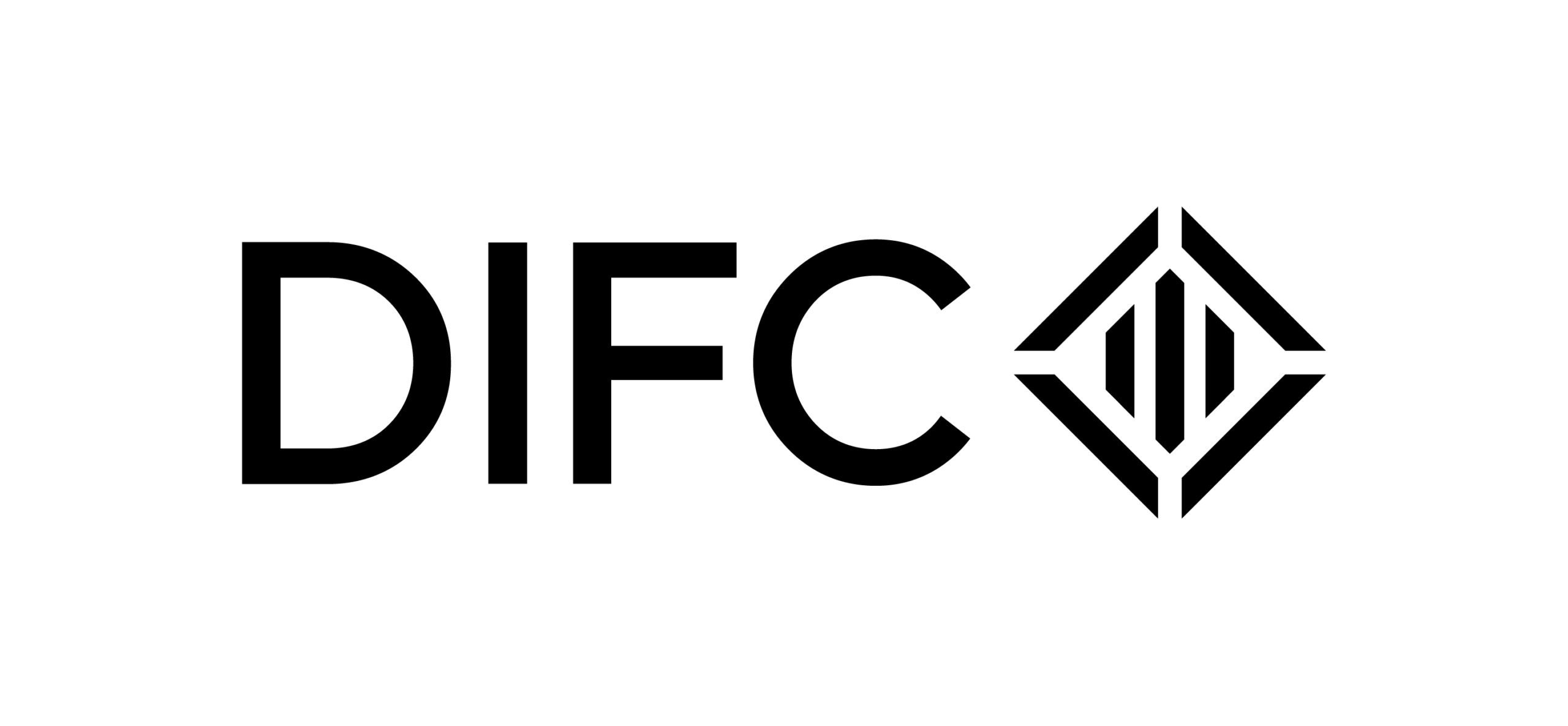
Family offices and family businesses are often a foundational element in any economy. Globally, they account for 70-90% of gross domestic product and create millions of jobs.
Around the world, the 500 largest family businesses worldwide are growing at nearly twice the rate of advanced economies and about 1.5 times the rate of emerging market and developing economies. These businesses collectively generate an astounding USD8.02 trillion in revenue and employ 24.5 million individuals across the globe, according to the 2023 version of the EY and University of St. Gallen Global Family Business Index.
In the Middle East, the picture is similar with family offices contributing heavily to the region’s economies. The top 10 family businesses in the region employ approximately 600,000 individuals and collectively possess a net worth of over USD31bn (AED114 bn), according to a KPMG study from 2022. Additionally, in 2023 PwC found that 74% of Middle Eastern family businesses anticipate growth in the next two years, underscoring their potential for further contribution to the economy.
In the United Arab Emirates (UAE) alone, family businesses make up around 90% of operational private businesses, employing 80% of the nation’s workforce. The country’s financial centre Dubai is the region’s preeminent hub for family businesses and private wealth. Last year, 21 UAE families were ranked among the Arab world’s 100 most powerful family businesses by Forbes Middle East.
While these businesses play a crucial role in legacy preservation and creating a secure future for generations to come, managing family wealth, ensuring adequate governance and succession planning are challenges.
Managing family wealth in DIFC
Recognising these unique hurdles, DIFC created the DIFC Family Wealth Centre (DFWC) to develop new initiatives to support the growth of these businesses. DIFC is widely recognised as a global leader focused on facilitating private wealth advisory and asset management, as well as catering to families in a flexible and pragmatic manner.
The Family Arrangements Regulations that came into effect in January 2023 provide special provisions for family arrangements, allow for the establishment of a Family Business Register, and create a detailed revamped Family Office and Multi-Family Office Regime. The Regulations provide family offices with maximum flexibility; they need not register with the Dubai Financial Services Authority (DFSA) as a designated non-financial business or profession (DNFBP), nor are they subject to DFSA rules.
These regulations enable family businesses to plan and structure their wealth for future generations in accordance with federal UAE Family Business Law. Importantly, there is alignment between Federal and DIFC legislation to ensure that family businesses within DIFC will also be able to benefit from the broader countrywide initiatives and benefits allowed for family businesses under the Family Business Law.
On top of regulatory robustness, discretion is ingrained in everything DIFC does. For example, the Private Family Registry and the DIFC Privacy Vault guarantee sensitivity around confidential information. The lack of a UBO register obviates the risk of database leaks. And the establishment of a Private Register and confidentiality-first conflict management solutions means that a family office’s shareholders, directors, officers and private grievances are all safe from public scrutiny. Together, these mark DIFC out for the premium it places on confidentiality – at a time when the move towards public disclosure is gaining momentum in other jurisdictions.
DIFC, which operates under English common law principles, is known known for its legal stability, transparency, and efficient dispute resolution mechanisms, offering peace of mind to businesses and investors.
Putting governance and succession planning first
Prioritising governance and succession planning in family businesses is crucial for their long-term success, sustainability, and the maintenance of family harmony. It is the mainstay in managing the complex relationship between family and business needs, ensuring that the business can grow and evolve while preserving the family legacy. Considerations in governance and succession planning include continuity and sustainability, conflict resolution, wealth preservation, professional management, and strategic planning. Ensuring access to future capital and regulatory compliance and risk management are additional factors that must be considered.
With trust and wills arrangements, as well as foundations, holding companies, family office and prescribed company structures, DIFC offers the necessary legal and structural frameworks to support family businesses in a flexible and sophisticated manner. The leading financial hub spanning the Middle East, Africa and South Asia, it is clear that DIFC boasts a regulatory edge over its competitors: a world-beating tax regime, zero exchange controls or capital repatriation restrictions and 100% foreign ownership are just some of these.
Within DIFC, the DFWC aims to empower the family wealth ecosystem by providing world-class educational initiatives to accompany family businesses in their journey to preserve their legacies and wealth successfully across generations. Building upon DIFC’s founding principles of transparency, integrity, and efficiency, the DFWC is founded on the pillars of trust, knowledge, and connectivity, offering a range of exclusive benefits and practical tools. The numbers speak for themselves: nearly 6,000 registered firms and over 42,000 professionals are already taking advantage of what DIFC and DFWC has to offer.
To learn more about preserving family wealth and succession planning and the support DFWC and DIFC can provide during that process, download the free brochure.



